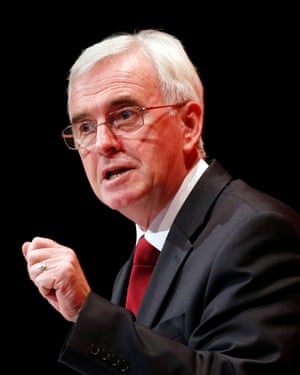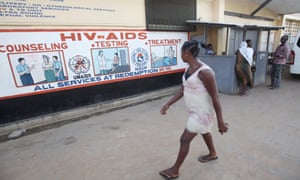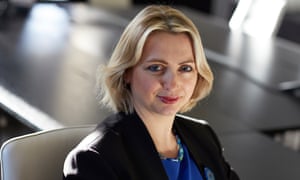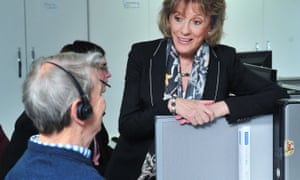Andrew Dilnot, who carried out the government review into the funding for care and support in England, has condemned Britain’s social care system as “the most pernicious means-test in the whole of the British welfare state” and called for a new tax to fund adult social care for everyone who needs it.
The chair of the Dilnot commission on funding of care and support said a tax was needed to provide lifelong adult social care that was not means-tested.
The average person will need social care worth about £20,000 during their lifetime, with slightly more than a fifth of the population dying before they require any support. But for 10% of the population care costs are high: a couple with arthritis requiring residential care for the last 20 years of their lives will need care costing over £1m.
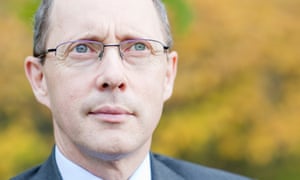
The current system provides care for adults of working age and older people with disabilities, mental health problems, sensory loss or general frailty. Personal and practical support can be provided in a care home, in the community, in hospital or in someone’s home.
For those with less than than £14,000 in capital and savings the system covers the cost of all care, but pays nothing for those with more than £23,250. Dilnot said that in its present form it creates a “massive sense of inequity and encourages a significant amount of cheating”.
Changes to the means test were due to come into effect in April 2016 but have been delayed until April 2020, after which the £23,250 upper limit will be raised to £118,000 and the lower limit to £17,000.
Dilnot, however, believes social care should not be means-tested. On Thursday, he used his first speech since his five-year term as chair of the UK Statistics Authority ended last week, to return to the issue of social care – adding that he was relieved that he could now finally “speak about almost anything” since joining the authority in December 2011.
Using a Resolution Foundation lecture, he said the controversial state pension triple lock (which sees pensions rise each year by the highest of the rate of inflation, average earnings or a minimum of 2.5%) should be rewritten to include a new, non-means tested, social care guarantee.
The Dilnot commission report concluded that individuals should pay the first £35,000 of their care if they have more than £100,000 in assets. Once that excess has been paid, the government would provide free social care. The findings were never implemented despite being welcomed by the then health secretary, Andrew Lansley, the then prime minister, David Cameron, and the then leader of the opposition, Ed Miliband.
But Dilnot said social insurance with an excess for social care was now urgently required for “staggeringly striking, massive welfare-inefficiency reasons”.
“I think it would be entirely reasonable to look again at the triple lock and say, ‘Let’s substitute some of the more expensive elements of the triple lock. Let’s turn them into a new triple lock with social care as part of the triple lock’,” he added.
Dilnot’s proposal is that the money saved by shedding the most costly of the triple lock’s conditions could be used to pay for the cap.
This means, he said, that providing non-means-tested social care to every British citizen would not require more money from state coffers. “There are many ways in which the scale of money we’re talking about could be reallocated in the upcoming budget without looking for extra money.”
Dilnot rejected claims that Britain can’t afford a “decent care system”. “There’s plenty of money,” he said. “GDP in real terms is more than 5.5 times as big as it was in 1948. So if anyone says to you, we can’t afford X, Y or Z, the appropriate response is: ‘That is not a well-formed formula”. We may choose not to afford it but the notion that we can’t afford something, given what has happened to our income is striking and quite surprising, and doesn’t strike me as correct.”
Social care reviewer condemns UK system and calls for new tax
